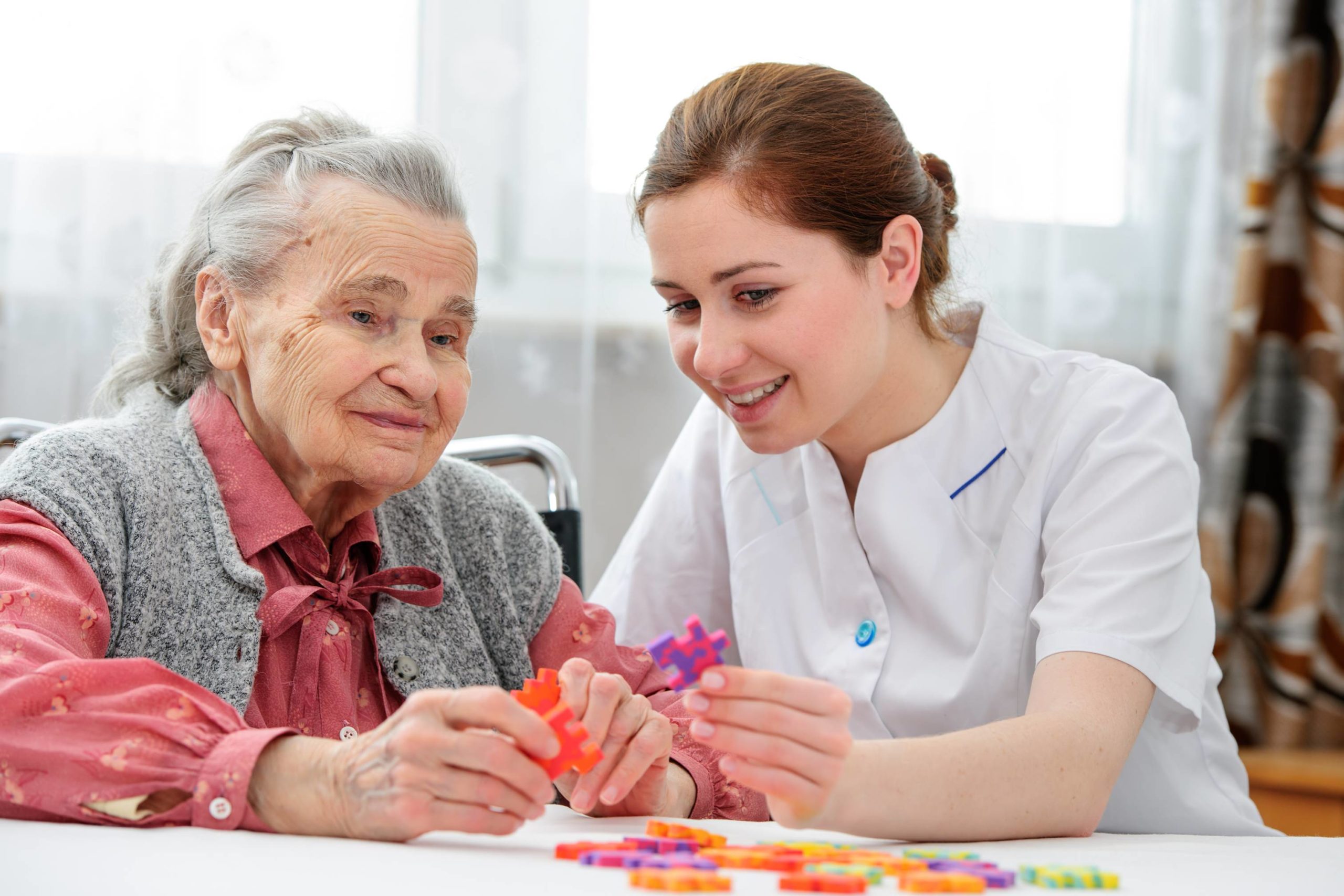Discovering the Right Charlotte Care Home: A Guide to Choosing the most effective Environment
Discovering the Right Charlotte Care Home: A Guide to Choosing the most effective Environment
Blog Article
Exactly How to Provide Customized and meaningful Dementia Treatment
The provision of customized and significant mental deterioration care requires a nuanced understanding of each person's distinct history and choices. Care approaches should be tailored to engage the person in ways that reverberate with their previous experiences, therefore fostering emotional connections and improving total well-being. Establishing trust with consistent and compassionate communications is important for producing a risk-free and supportive atmosphere. As we check out the ins and outs of effective interaction and the important role of family participation, it becomes clear that the trip towards customized treatment holds both challenges and extensive rewards.
Understanding Mental Deterioration Individuality

Treatment carriers should evaluate cognitive abilities, emotions, and behavior patterns to create individualized care strategies. This might include adapting interaction designs, employing acquainted routines, and utilizing purposeful tasks that reverberate with the individual's past experiences. For example, involving an individual with an interest for music through musical activities may evoke favorable memories and boost emotional well-being.
Moreover, recognizing uniqueness fosters a thoughtful technique that respects the dignity and freedom of those coping with dementia. It encourages caregivers to pay attention proactively, observe behavioral signs, and continue to be flexible in their caregiving methods (charlotte care home). By focusing on individuality, caregivers can not just improve the lifestyle for those with mental deterioration yet also develop a much more profound understanding of their distinct perspectives, ultimately causing more compassionate and efficient treatment
Structure Count On and Connection
Establishing depend on and relationship is basic in mental deterioration treatment, as it develops a helpful and safe environment for people influenced by the problem. Structure these links requires consistent, compassionate interactions that prioritize the requirements and feelings of the person. Caretakers should come close to interactions with empathy, identifying the unique difficulties faced by those with mental deterioration, including memory loss, complication, and emotional distress.
Reliable communication is essential in this process. Caregivers should utilize clear, easy language and non-verbal cues to communicate understanding and support. Energetic listening demonstrates regard and recognition, enabling individuals to share themselves without concern of judgment. In addition, keeping a calm attitude can help relieve anxiousness, cultivating a feeling of security.
Establishing a routine can likewise boost trust. Familiarity with daily activities and caretakers promotes a sense of stability, enabling individuals to really feel even more comfortable. It is crucial to engage with people on an individual level, making the effort to learn more about their biography, preferences, and rate of interests. By doing so, caretakers enhance the individual's identity, promoting dignity and respect, inevitably resulting in stronger, more meaningful relationships in the context of dementia care.
Tailoring Tasks and Engagement
Engaging people with mental deterioration with customized tasks can substantially improve their lifestyle and cultivate a much deeper link between caregivers and those in their care. Personalization is essential, as it recognizes the special backgrounds, passions, and capabilities of each individual. Activities must be developed to stimulate cognitive features, promote physical motion, and motivate social communication, all while staying satisfying and fulfilling.
To tailor activities properly, it is essential to examine the individual's preferences and cognitive capacities. Some may locate delight in gardening, while others could value music or art. Basic, acquainted tasks can stimulate positive memories and provide a feeling of accomplishment. In addition, incorporating aspects of regimen can provide convenience and security, allowing individuals to engage with activities a lot more confidently.
Caregivers can improve engagement by getting involved along with the individuals, fostering a supportive and interactive environment. It is additionally important to remain flexible and versatile, adjusting activities as needed based on the individual's power levels and state of mind. Ultimately, purposeful engagement through customized tasks not just uplifts people with dementia but additionally enriches the caregiver partnership, promoting common satisfaction and understanding.
Reliable Interaction Strategies
Reliable communication is important in mental deterioration care, as it cultivates a sense of connection and understanding between individuals and caregivers experiencing cognitive decrease. Using reliable interaction methods can significantly enhance the quality of communications and lower irritation for both parties.
Firstly, utilizing easy, clear language is vital. Short sentences and familiar words aid people understand and react better. In addition, preserving a calm and favorable tone can produce a reassuring setting, which is vital for individuals who might feel overwhelmed or anxious.
Non-verbal communication plays Recommended Site a substantial role also. Caregivers need to take notice of body movement, facial expressions, and gestures, as these signs can usually communicate greater than words - memory care facility charlotte. Establishing eye get in touch with and utilizing mild touch can also strengthen links and communicate compassion
Active listening is one more vital component. Caretakers should listen, enabling individuals to express themselves completely, even if their speech is fragmented or vague. This lionizes and encourages much more open interaction.
Lastly, validating experiences and sensations is essential. Recognizing emotions, despite their basis actually, can supply convenience and strengthen the caregiver-individual connection, advertising a more encouraging environment.
Supporting Family Involvement
Family members participation plays a substantial duty in the total treatment and support of people with dementia. Engaging member of the family develops a joint environment that enhances the top quality of treatment, promotes emotional links, and makes certain that the distinct demands of the individual are fulfilled. Member of the family commonly have invaluable insights into the person's history, preferences, and behaviors, which can be vital in developing customized care methods.

In addition, relative can be motivated to take part in day-to-day treatment activities, such as participating in meaningful conversations or helping with familiar routines. This not only helps receive the person's feeling of identity however also reinforces domestic bonds. Ultimately, by cultivating a comprehensive technique that values family contributions, treatment suppliers can boost the general experience for both people with dementia and their liked ones.
Conclusion
In conclusion, providing purposeful and tailored dementia treatment requires an extensive understanding internet of each person's distinct background and choices. Jointly, these techniques add to boosted top quality of life for people with mental deterioration.
The stipulation of meaningful and customized dementia treatment needs a nuanced understanding of each person's one-of-a-kind background and choices. By doing so, caretakers strengthen the person's identity, advertising self-respect and respect, eventually leading to more powerful, extra meaningful connections in the context of dementia treatment.
Engaging individuals with mental deterioration via customized activities can significantly improve their quality of life and foster a much deeper link in between caretakers and those in their treatment.Family participation plays a substantial function in the general treatment and assistance of individuals with dementia. Eventually, by cultivating a comprehensive strategy that values household contributions, treatment suppliers can improve the overall experience for both people with mental deterioration and their enjoyed ones.
Report this page